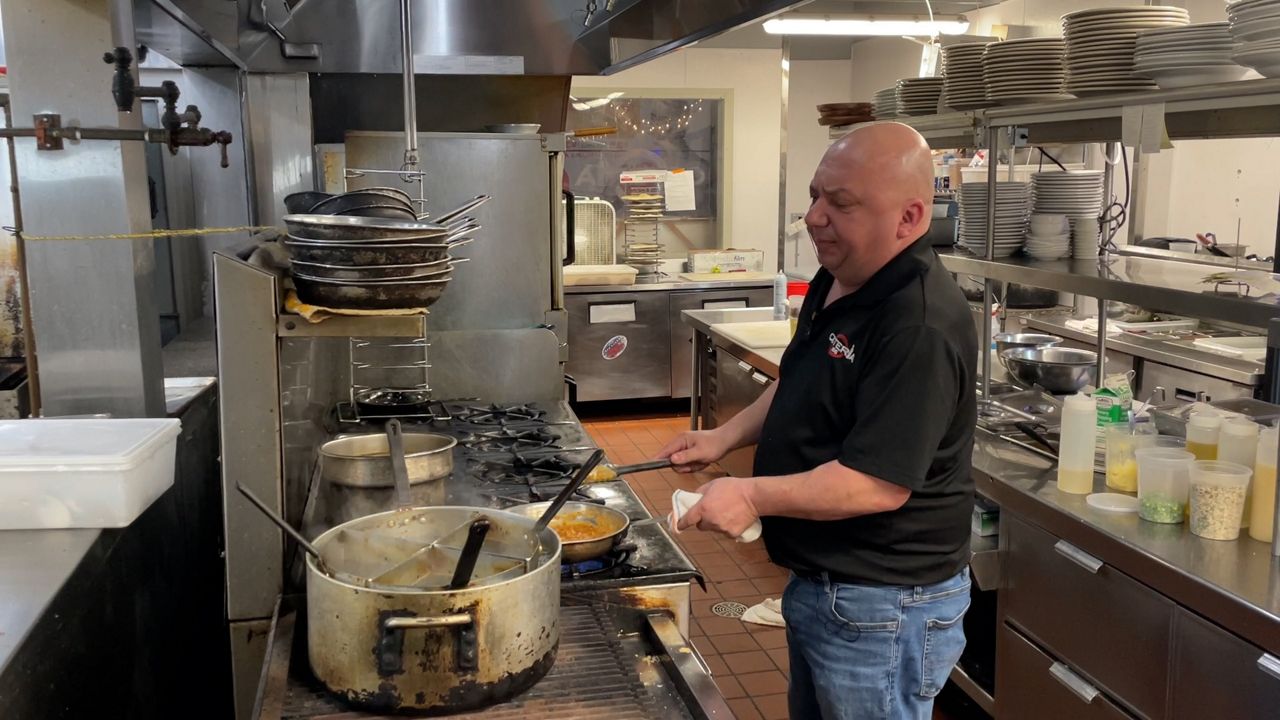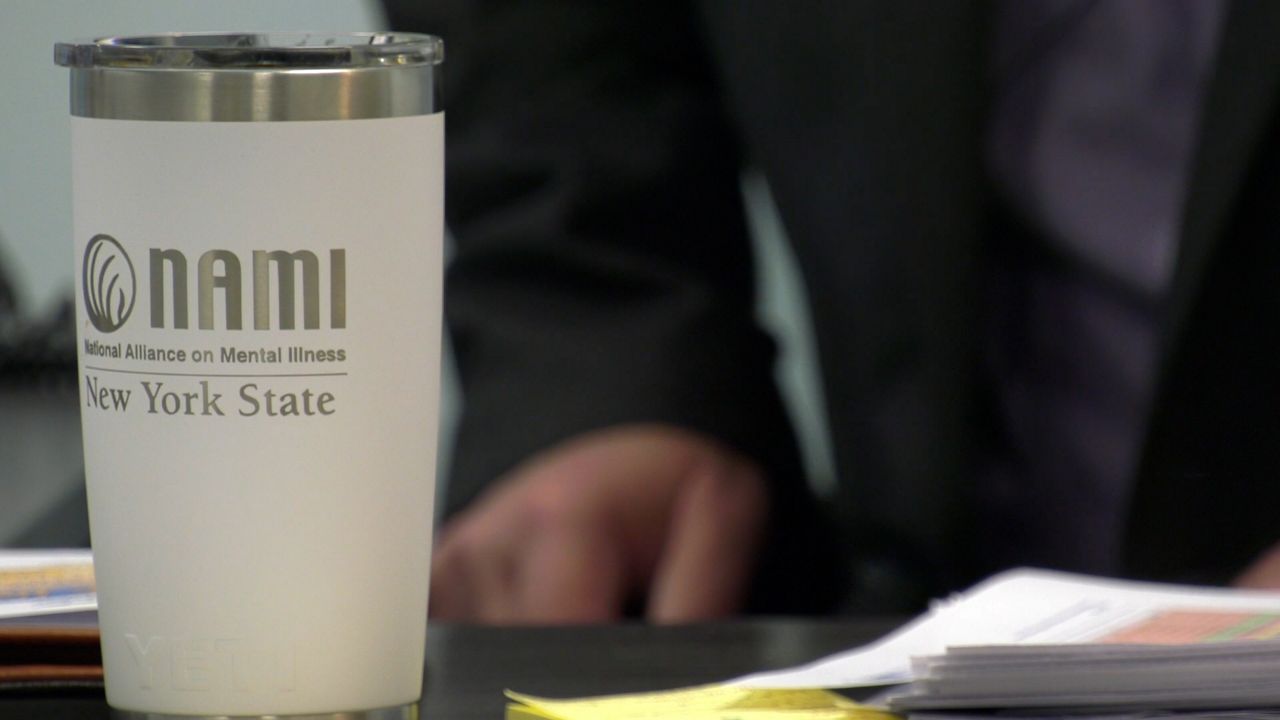The relationship between mother and daughter — it’s an unbreakable bond for Kelly Fletcher and Grace.
“I have such a connection now that sometimes she’ll call herself my little leach — that she likes to leach herself onto me,” Fletcher said.
But it’s a connection she worried might not happen when Grace was first born.
“And I spiraled pretty quickly into postpartum psychosis,” Fletcher admitted.
Postpartum psychosis — it’s a mental health condition that affects approximately 1 or 2 out of 1000 deliveries according to Postpartum Support International. Symptoms can include delusions, hallucinations, severe depression, and irritability, among others.
After a difficult labor, anxiety over breastfeeding, a lack of sleep and a rush of hormones — Fletcher’s family noticed something was wrong.
“My family had realized that I had started having auditory and visual hallucinations. So I started seeing my dead relatives that were trying to tell me that things would be okay,” she explained.
Eight days after giving birth, Fletcher entered a mental health facility, where she stayed for more than a week.
“I ended up going into the hospital breastfeeding, coming out having a bottle-fed baby,” she said. “I saw my daughter twice in the 8 days that I was in the hospital.”
While she never had any thoughts of harming herself or her baby, her family took turns caring for Grace at times so that Kelly could safely rest and recover after her hospital stay.
“So you feel very helpless because you’re reliant on so many other people to help you. It really does take a village and my village really rallied during that time,” she said.
Kimberley Zittel-Barr is a professor of social work at Buffalo State University. She specializes in postpartum mental health issues and wrote a book about those mood disorders. She says parents who have a bipolar diagnosis are more likely to develop postpartum psychosis. It can be a dangerous situation.
“It starts to get into a delusional and hallucinatory state and that is an emergency that has to be addressed immediately because the mother is at risk of killing herself and she’s also at risk of killing her children,” Zittel-Barr said.
But there is help out there. The Postpartum Resource Center of New York can connect families with specialized mental health professionals, and later support groups to deal with the problems. Zittell-Barr would also like to see more hospitals have dedicated space for families and their babies facing these issues before and after the little one arrives.
“It’s a very important topic that we need to make everybody aware of because it’s not just one person, it’s an entire family and it ends up impacting an entire community,” she said.
It’s taken Kelly years to get better, and she still takes medication for the issues and sees a counselor from time to time. Sharing her story with other parents has been key to her success in handling it all.
“By bringing awareness to it, I was allowing moms that space to say 'OK, this is something we can talk about. We shouldn’t be hiding from this,'” Fletcher said.
And despite her fears that she was missing out on bonding with her daughter, it’s clear that a loving relationship is there.
“It’s just wonderful to watch her grow and to be able to experience things now through her lens. And I think now I’m the mom that I wanted to be,” she said.








